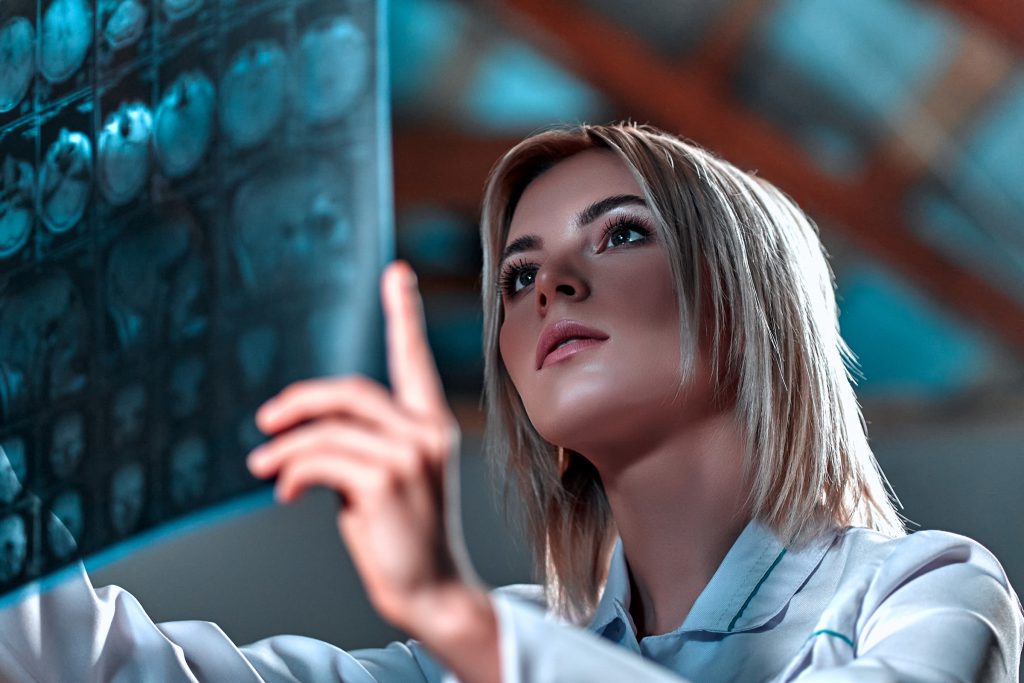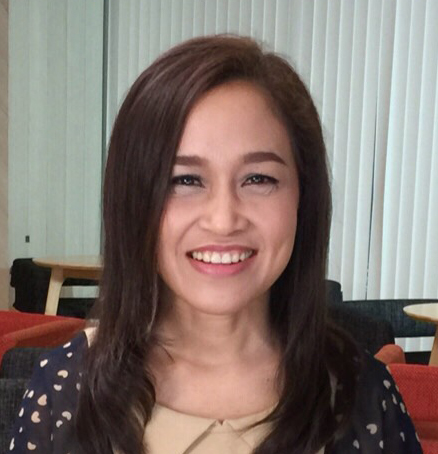Due to the medical advancement, attention deficit hyperactivity disorder (ADHD) in children is widely known and getting more attention from the public.
As a child and adolescent psychiatrist, I have treated many children with ADHD. I would like to take this opportunity to congratulate children with ADHD who achieved their success in studying and now have a better quality of life which make their parents proud.
How many children with ADHD are there?
Around 5% of children across the world have symptoms of ADHD. The Department of Mental Health conducted a survey and revealed that there are 8% of children with ADHD in Thailand. However, only a few children have been treated or received medical services. In fact, ADHD can be cured, and the treatment result is effective.
What causes ADHD?
According to a neuroscience research, children with ADHD have prefrontal cortex disorder and a lower amount of neurotransmitter called dopamine than those of normal children – both of which affect the nervous system or cells that control concentration and behaviour.

What are the children with ADHD like?
They are like normal children, but there are some differences which are:
- Inattention
Children with ADHD are unable to stay focused on what they are doing, for example lack of concentration while studying; being distracted and unable to do homework or finish work on time; writing slowly; changing their attention easily; poor handwriting; doing something fast without care, etc. Therefore, a lot of children with ADHD encounter the academic underachievement. - Hyperactivity/Impulsivity
Some parents revealed that their children have been mischievous since they learnt how to walk; would rather run than stay still; clamber up to a high place; talk a lot; interrupt others while they are speaking; are unable to wait and moody. Such problems affect the way of raising and teaching them properly as they cannot control themselves as good as other children do. Scolding or punishment can control their mischief for only a short period of time. The same problems can arise again and make their parents stressed and tired of what happened because they have taught them, but they do not bear in mind.

Why do children with ADHD need to be treated?
Attention deficit hyperactivity disorder is a neurodevelopmental disorder. Therefore, its symptoms influence their quality of life in many aspects, including learning, behaviours, emotions, self-discipline and self-control, as well as causing difficulty in educating them. Besides, other problems like learning outcomes that are below standard, mischief, refusal to do what their parents tell, having a temper and conflicts with others, as well as the problem of academic underachievement have effect on their lives in the short and long runs.
How does a psychiatrist treat them?
According to the MTA study on children with ADHD which was published worldwide, the efficient ADHD treatment methods are the use of medications together with the behavioural improvement. The medications used for ADHD treatment are safe and produce an incredible result. It will increase an amount of neurotransmitter called dopamine that controls concentration and behaviours to be at the same level of those of normal children. In addition, a psychiatrist will give some advice to parents on how to raise and teach them properly in accordance with their age and physical development, as well as behavioural development in terms of learning, practice of self-discipline, social skill enhancement, communication with family members and self-esteem promotion.
Which criteria are used by a psychiatrist for evaluating the ADHD treatment result?
- Intelligence quotient and learning capability
- Emotional quotient: Children who are in a good mood, able to wait and diligent, as well as having self-discipline, social skills and self-esteem have high potential in self-adjustment.
- The way that parents look after their children with ADHD enables to develop their positive behaviours, for example enhancing social skills, generosity, good manners, morals and ethical behaviours, as well as learning to spend free time in a useful way. Therefore, the adaptation of all family members and children with ADHD is regarded as a power that can strengthen their family.
- There are no other diseases other than ADHD, for example learning disabilities, mischief, resistance, aggression, depression, and game or drug addiction.
- A class teacher, other teachers and classmates do not make children with ADHD feel stigmatised.
- Make regular doctor visits and follow up treatment.

Children with ADHD can develop their learning capability if they are well cherished by all sectors, including their family, school and society. As a result, family members and other related persons play major roles in mental and behavioural development of children with ADHD.

Writer
Patimoke Phromchuay, MD
Child and adolescent psychiatrist

Translator
Nongnuch Maneein
Holding a master’s degree in linguistics from Chulalongkorn University, Nongnuch now works as an editor at Pelangi Publishing (Thailand) Co., Ltd.



No Comments